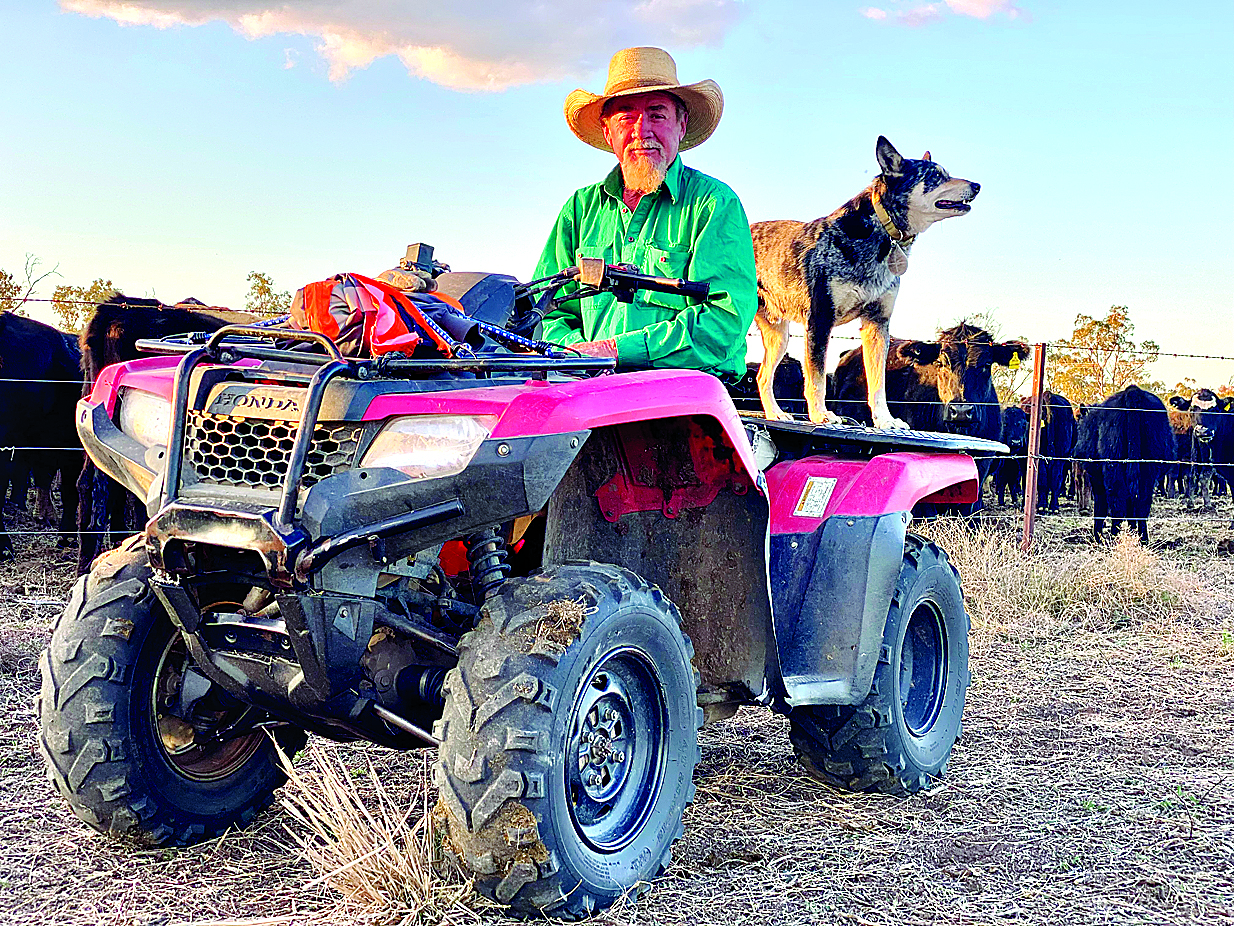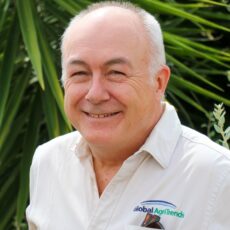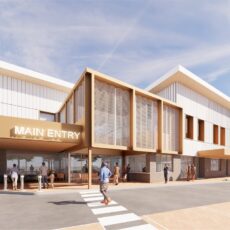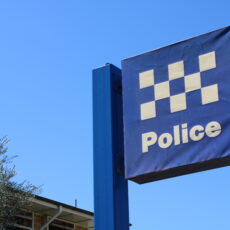It’s hard to believe that this time last year, floodwaters were isolating communities and riverbanks were bursting at the seams.
How quickly the landscape can change.
Now, paddocks on the North West plains are parched and desperate for soaking rain.
There has been some welcome rain in parts recently but in others, remaining pastures are disappearing, and readers might have noticed cattle and sheep on the move, grazing on the roadside under the watchful eye of their diligent drovers.
“I’ve been doing it for about 35 years,” said Joey Smith.
“You must love it?” I asked.
“It’s growing on me,” he responded, flashing a wry smile under his wide-brimmed hat.
“Yeah, it’s starting to grow on me.”
Joey and his wife Tania hit the open road in April, droving ‘980-odd cattle’ along the region’s public stock routes as they search for feed in dry conditions.
“We started at Bugilbone, near Pilliga,” explained Tania.
“And we don’t know where we’re going,” added Joey.
“They don’t call it the long paddock for nothing – when it gets dry in one area, you go to another area.”
The legendary long paddock is part of Australian bush lore – the colloquial name given to the vast network of travelling stock routes that drovers gain permission to move mobs of sheep or cattle along to find greener (or at least better) pastures, especially during drought.
“Yeah, the name suits it because for as long as you want to go down it, you can go down it,” said Joey.
“As long as you can put up with it,” added Tania.
“We’ve been away for 18 months before, but that’s not great.
“I’ve got grandkids now; I like to be with them in Coonamble.”
The long paddock might sound like a never-ending network of backroads and highways lined with fresh fodder, but as Joey pointed out, “When it’s dry statewide and beyond, it can become a challenge to find somewhere to go.
“That’s half the battle – working the cattle is one thing, but figuring out where you’re going to take them to feed them and water them, look after their welfare, well, that’s another challenge in itself.”
Joey is much more organised and experienced than he lets on, and it turns out they do have a plan but are always ready to adapt if a situation changes.
As it often does in agriculture when you’re working with animals and are at the mercy of Mother Nature.
“We talk to the ranger, go for a drive and have a look around the route,” explained Tania.
“We talk to local people, and then you chat to the ranger again and ask for a permit, and if you can go a certain way – they’ll say yea or nay.”
The husband-and-wife team work on quadbikes, moving to the slow rhythm of the mob meandering along the dusty pathways.
Sometimes, the cattle slow or stop traffic, sprawling across the road and looking to see if the grass might be greener on the other side.
It’s an iconic bush scene playing out under the cloudless sky, the sun beating down as the drovers guide their stock back on track, whistling to their trusty dogs for assistance.
The four-wheel drive motorbikes are a welcome update to the grazing tradition.
“We can get to the front of the cattle 10 times quicker than you can on a horse,” said Joey.
“And then we don’t need the dogs that we used to have to have.
“We used to have 20 dogs; now we’ve only got eight.
“So, for us, it just makes sense.”
During this drive, Joey and Tania have set up camp at various locations, including Burren Junction’s Nowley Road, Spring Plains Road and just off the Kamilaroi Highway between Wee Waa and Narrabri.
For now, the road is home, and the top priority is to ensure their stock are fed and watered as they prepare to send some to market.
In the last six months, new cows have joined the mob, calves have arrived and weaners have been sold and trucked to the Coonamble yards.
“My father owns these cattle,” explained Tania.
“We’re here to find them good feed and water and make these cattle shine.
“Hopefully, there’ll be a jump in the market, but here we are going back into dry again.
“It’s disheartening for people.
“But honestly, I think you just have to think – tomorrow has got to be a better day.
“If you think it’s going to be a bad one – you’re in trouble, aren’t you?
“I get up and I’m aching, but it is satisfying work; you can look back and see what you’ve done.”
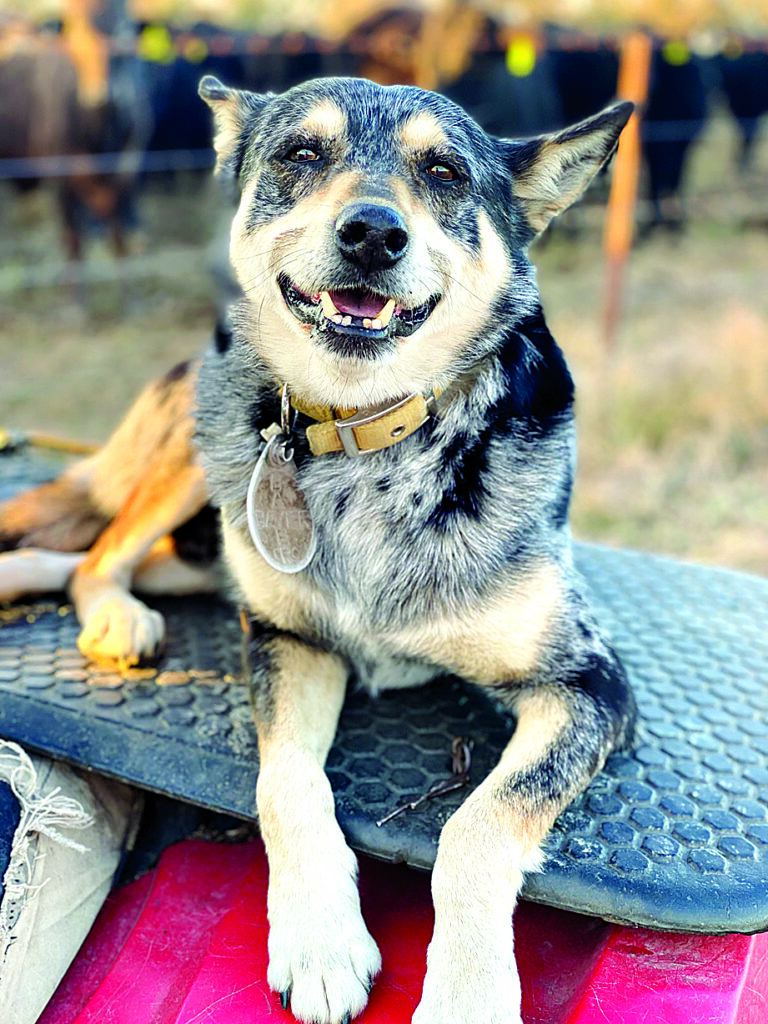
Fluffy the dog.
In September, the Bureau of Meteorology declared Australia was in the grip of an El Nino climate pattern, and cattle prices have been steadily declining.
However, Tania’s resilient and can-do attitude comes from years of experiencing the highs and lows of a life lived off the land; droving is in her blood.
“I’m a fourth-generation drover – my father is Les Trindall, he was from Narrabri, and my grandfather was Billy Trindall,” she explained.
“If somebody is thinking about droving, you need to go out and spend a bit of time with another drover because that’s the way you’re going to learn.
“You’ve got to be willing to listen, listen to your elders and you’ll pick it up.
“Don’t go out and try and do it on your own.”
“You’ve got to have a bit of stock sense,” added Joey.
“You see these ‘yahoos’ coming out, and they think they know everything.
“They can talk ‘the talk’ but they can’t walk ‘the walk’.
“You’ve got to be able to read the cattle.
“But it’s good: I wouldn’t be doing it if I couldn’t recommend it.”
When asked what attracted him to the drover’s life, Joey responded, “My wife, well, my girlfriend then.
“I guess I just got roped into it.
“I used to do a lot of mustering while I was shearing, but it was just the outdoors really that drew me to it.
“That’s why I quit shearing because you’re stuck in the shed all day.
“I just like being outdoors.
“There’s always a challenge.
“The cattle have a mind of their own – if they see a hole in the fence, they’ll try to go through it or if you want them to walk ‘that way’ they’ll want to walk ‘the other way’.
“They can act completely differently to how you want them to – that can be the challenge of it.
“But it is satisfying, and I just like the lifestyle – it’s easygoing.”
Rising before the sun, working in the heat all day, trekking to the showground for a warm shower and living without the modern luxuries many of us take for granted doesn’t sound too easy.
But Tania and Joey take it all in their stride and have a very impressive and clean camp set-up.
As Banjo Paterson wrote, “the drover’s life has pleasures that the town’s folk never know” – sitting around a campfire at night, under 180 degrees of stars, sipping a cup of tea that was boiled by the billy, in the familiar company of your partner and feeling the sweet satisfaction of completing another day of hard productive work.
Oh, and who could forget, enjoying Tania’s delicious cooking.
“That’s why I married her,” said Joey.
To order photos from this page click here

